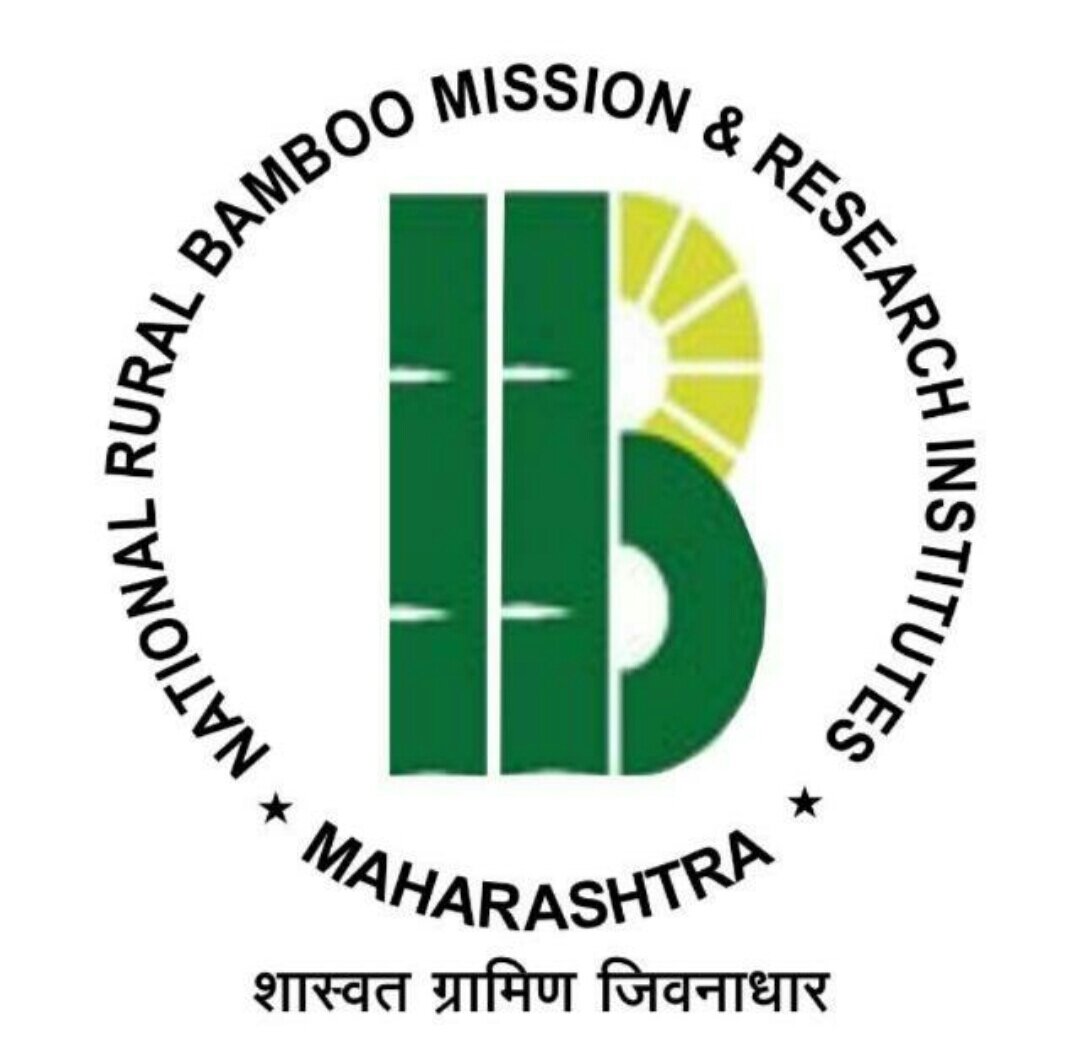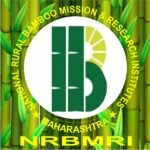NRBMRI
Research
Plant Tissue Culture Lab




Background
There are several methods developed for growing plants. For instance, we already know that plants grow in fields from seeds. Then there are other methods like vegetative propagation where stem cuttings, tubers, etc. of different plants are used to grow and propagate in soil. These methods in general take a longer duration to grow with specific soil conditions that need to be present along with other factors. This is where tissue culture steps in to enhance the growth without the above-mentioned restrictions.
It may sound complicated, however, tissue culture is an easy-to-follow process. Under this technique, a piece of plant is taken, and it could be anything from a portion of stem, root, leaf or bud to merely a single cell. This piece is placed in a tiny quasi ‘greenhouse’ such as a test tube or culture vessel along with a balanced diet of growth-enhancing biochemicals / plant hormones resembling the plant’s original nutrient composition. This little piece in that tiny ‘greenhouse’ is called an ‘explant’ which will develop into several tiny, yet complete plant systems known as ‘plantlets’. This entire process is possible as plant cells have an amazing ability to differentiate into other cell types and this quality is known as ‘totipotency’.

Description
Plant tissue culture is a method to propagate plants asexually (vegetatively) under sterile conditions. This method is also known as cloning, where the plants produced by tissue culture have the same characteristics as the starting material. Parts (tissue) are taken from the starting material and placed on the appropriate culture media (medium) so that the growth (development) of these parts can take place. Relatively little starting material is needed and within a relatively short time one can obtain a massive amount of healthy plant material.
Some advantages of Plant tissue culture are:
- The resulting plant material has properties identical to the originating material
- The resulting plant material is healthy.
- The number of plants obtained through these techniques is greater than when it is propagated in the traditional way.
- Preservation of plants that are threatened with extinction.
- The ability to produce plants in the absence or absence of seeds.

Registered Office
- National Rural Bamboo Mission Training & Research institute, At. Bothli(Thana), Makardhokada road (Buttibori), Tahsil- Umred, Dist. Nagpur
Regional Office
- National Rural Bamboo Mission Training & Research Institute, At. Champa, Umred Road, Nagpur
Quick Links
- About Us
- Contact
- Careers
- Notification
Other Links
- Privacy Policy
- Copyright Policy
- Terms & Conditions
- Hyperlink Policy
- Sitemap

